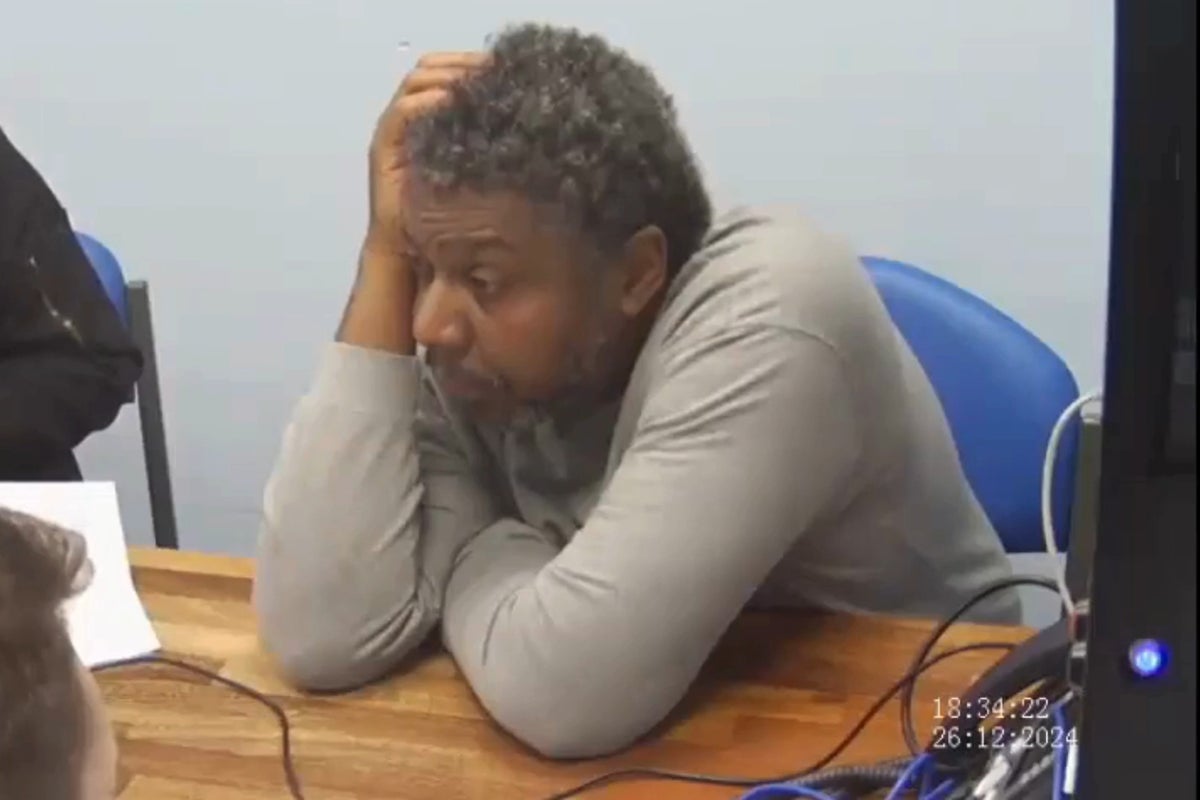Taking out a mortgage is one of the most important (and expensive) life milestones, making it imperative for housebuyers to have all the right information before committing.
For many, the starting point is to look online for information they need to know, with more than half a million Google searches carried out a month in the UK with the word “mortgages” in them.
Here, The Independent takes a lot at the most-searched questions — and asks an expert to answer them.
How do I get a mortgage?
Finding out the basics is a good place to start.
It can be time-consuming and you’ll need to speak to several people, including a mortgage broker who can help you find deals which suit your needs – plus you’ll have to get your own paperwork in order.
“Getting a mortgage starts with preparation. Firstly, you’ll need to visit a broker to find out exactly who to go with for the best rates for your circumstance, especially if your mortgage is more complex: you’re self-employed, have multiple income streams or you need a more flexible approach,” Luke Williams, specialist advisor at Pure Property Finance, explained.
“Once you’ve had a mortgage-in-principle, you’ll then need to prove your income, show a great credit history and show proof of funds for your deposit.
“The more you’re able to pay upfront, the less interest payments you’ll end up paying over the years.”
Of course there are mortgage solutions for those who have lower deposits and even no deposits, but the trade-off is higher interest rate levels and more initial requirements to highlight your status.
How can I get a mortgage with bad credit?
In an ideal world, we’d save up a deposit, pick our property, make a bid and move in with a mortgage sorted out – all nice and smoothly. It doesn’t seem to happen that way often, though.
.jpeg)
Saving up a deposit is a challenge for some people and starting out with bad credit can be another issue for others. “You can get a mortgage with bad credit, but it’s definitely harder than if your credit score is good,” Mr Williams said. “Specialist lenders offer mortgages to those with poor credit or who’ve missed payments.
“A major downside is that the rates can be higher than a normal mortgage and the deposit needs to be larger than 10 per cent. A good broker can help you find the right specialist lender if you are in this circumstance, and might advise on whether it would be worth building your credit score up beforehand.”
Having all the information you need to make such a decision is key.
Are mortgage rates going down?
The interest rates you pay on a mortgage deal are based off the Bank of England base rate.
Right now, that’s 4.25 per cent, but it was at or above 5 per cent as recently as October last year. Rates are decreasing, therefore, but this month the BoE are expected to hold, before two further cuts later in the year.
In any case, mortgage products don’t tend to exactly track the base rate, they are decided based on swap rates – future expectations of where the base rate will be. As such, some will build in drops in interest rates even before they happen, meaning unless you’re on a type of variable tracker rate, you wouldn’t necessarily see a decrease on mortgage repayments anyway.
“Mortgages may follow [interest rates down] in the coming months; but won’t reach pre-pandemic levels for a long time,” adds Mr Williams.
How much mortgage can I get?
This is the most frequently searched question, more than 17,000 times a month – but you’ll of course need more than a scan online.
Your specific circumstances will dictate how much you can borrow, but online calculators can be a good starting point.

“Most lenders will let you borrow around 4 to 4.5 times your annual income, however this can vary due to some underlying factors. If you have existing debts or your credit score isn’t as good as it should be for a mortgage, you may have to borrow a little less,” explained Mr Williams.
“Other financial commitments, such as other mortgages, car loans and child maintenance costs might also have an impact, and affordability checks are much stricter today, with lenders assessing every single monthly outgoing and financial dependent, to ensure that they don’t encounter repayment problems further down the line.”
It’s always worth checking and re-checking if your circumstances change before you take out a mortgage, to see if you can get a better deal, rate or terms.
And most of all, ensure you seek expert help so you know you’re looking in all the right areas to get the information you really need.




